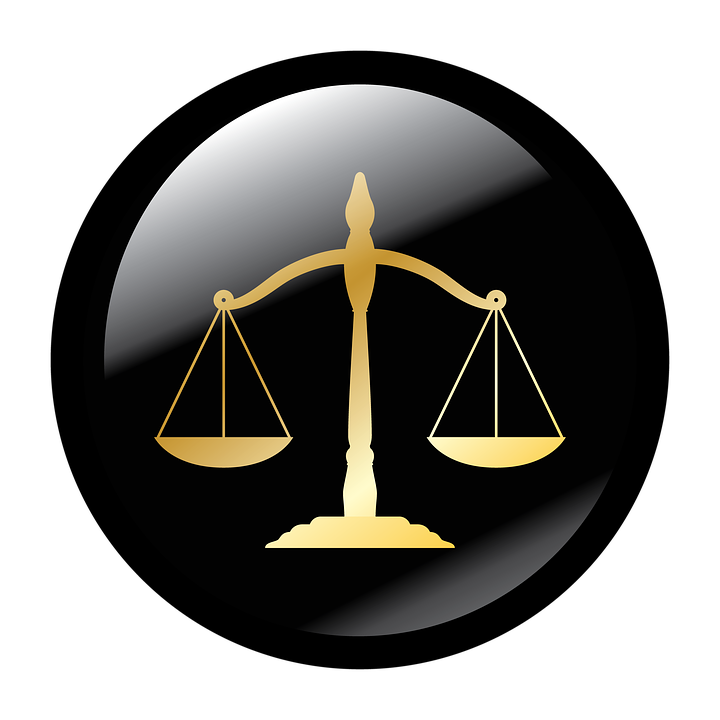In November of last year, we discussed the case brought by the Justice Department against Pro Life activist Mark Houck for a violation of the “FACE” Act – the Freedom of Access to Clinic Entrances – which “provides for criminal penalties including up to one year in prison for a first offense, if that person ‘by force or threat of force or by physical obstruction, intentionally injures, intimidates or interferes with or attempts to injure, intimidate or interfere with any person because that person is or has been, or in order to intimidate such person or any other person or any class of persons from, obtaining or providing reproductive health services.’”
Mr. Houck was arrested at his home by approximately 25-30 FBI Agents after his indictment for a FACE Act violation. His crime? In October of 2021, “Houck was outside the Planned Parenthood Elizabeth Blackwell Health Center abortion clinic in Philadelphia, Pennsylvania, praying with his 12 year old son (Houck and his wife have 7 children). An unidentified man (who has since been identified as 72 year old Bruce Love, a ‘volunteer patient escort’ for the clinic) approached” Houck and his 12 year old son. “According to Houck’s wife…the man ‘kind of came into [the son’s] personal space’…Mark shoved him away from his child, and the guy fell back… He didn’t have any injuries or anything.”
Love made a complaint with the local Philadelphia authorities, who declined to pursue a case. This is no unimportant fact – the District Attorney of Philadelphia is Larry Krasner, an unabashed progressive, who is “focused on restoring balance to our criminal justice system, ending the era of mass incarceration, and moving beyond the false promises of overly –punitive policies,” as well as “committed to ending overly punitive practices that disproportionately affect Black people, people of color, and poor people.”
Apparently Krasner’s progressive goals did not extend to the aggressive prosecution of a Pro Life Activist who pushed an Abortion Clinic Volunteer away from the activist’s young son.
Why then were federal authorities interested in bringing criminal charges? As we noted in November, quoting Hans von Spakovsky and Charles Stimson of the Heritage Foundation, “(i)t is not a coincidence…that this takedown of someone who, at best, committed a misdemeanor assault came almost exactly three months after the Supreme Court issued its decision in Dobbs v. Jackson Women’s Health Organization, which overruled Roe v. Wade…(t)he FBI’s raid of Houck’s home was designed to send a warning to pro-life activists engaging in activities protected by the First Amendment…(t)he timing of this indictment of Houck…is suspect and calls into question the motive behind the Justice Department’s move.”
The idea that the Justice Department engages in the selective prosecution of citizen’s engaged in activity of which the government does not approve is chilling indeed – especially when that government sends more than two dozen armed agents to storm the home of a peaceful, prayerful man and his family. But we are fortunate that our government is composed of more than one branch, and if the Executive (here, the Justice Department) commits an overreach in its authority, there is another branch of government that can correct that excess.
Sometimes, it is the Legislative Branch that must restrain the Executive. But in this instance, the correction has been made by the Judicial Branch, through the exercise of one of our most basic Constitutional rights – trial by jury.
In January of this year, after a trial lasting five days, Mark Houck was found not guilty by a jury that deliberated for only about one hour. “The prosecution argued that Houck pushed Love because he was trying to interfere with his provision of reproductive health services. Houck said he pushed Love because he was just trying to protect his 12-year-old son who was being harassed by Love. A 12-person jury unanimously found Houck not guilty of both counts of violating the FACE Act.”
The article concludes tomorrow
Judge John Wilson (ret.) served on the bench in NYC
Illustration: Pixabay
